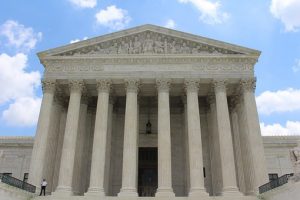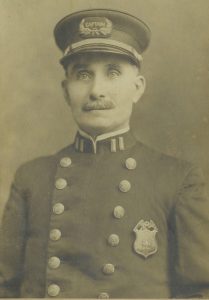Is It Worth Appealing New Jersey Civil Service Discipline?
Should I file a civil service appeal? Well, read what a New Jersey appellate court’s recent decision said, and you will probably decide the answer is yes.
Background
Mina Ekladious had nine years of experience as a firefighter and earned a certification as a Firefighter I before he was conditionally hired by the Jersey City Fire Department. The offer was contingent upon completing the Morris County Fire Academy, which trains prospective Jersey City firefighters. He was removed as a firefighter for failing the physical examination at the Fire Academy. Ekladious appealed his removal to the New Jersey Civil Service Commission, which referred the case to the Office of Administrative Law for a hearing.
 New Jersey Lawyers Blog
New Jersey Lawyers Blog


 Payment Law, which governs when wages must be paid, in the case of
Payment Law, which governs when wages must be paid, in the case of 
 Affairs in the Department of Law and Public Safety
Affairs in the Department of Law and Public Safety



 certificates
certificates recovery of attorneys fees, enhanced damages, and a longer, six-year statute of limitations. One question left open by the Legislature was whether the statute of limitations would be applied retroactively to cover conduct prior to the amendments, or prospectively to cover only conduct from 2019 onward. The New Jersey Supreme Court has now unambiguously answered that question.
recovery of attorneys fees, enhanced damages, and a longer, six-year statute of limitations. One question left open by the Legislature was whether the statute of limitations would be applied retroactively to cover conduct prior to the amendments, or prospectively to cover only conduct from 2019 onward. The New Jersey Supreme Court has now unambiguously answered that question.